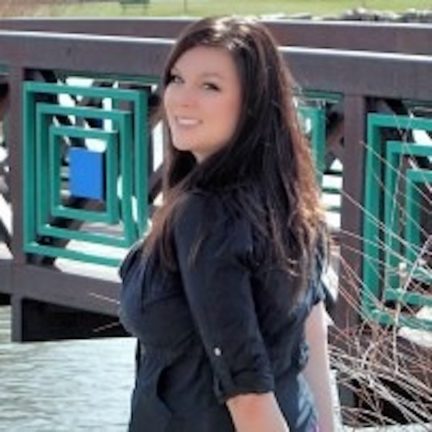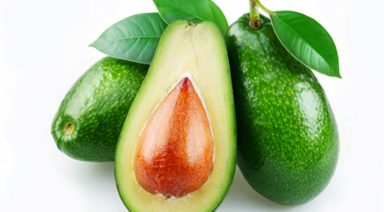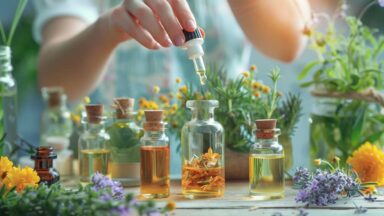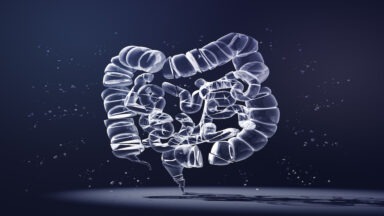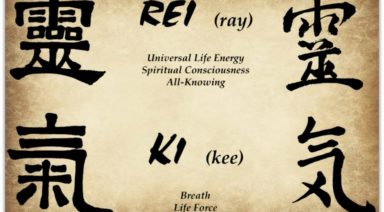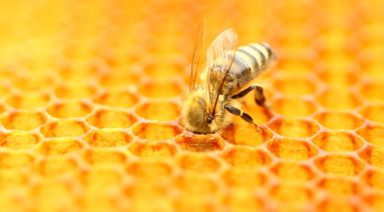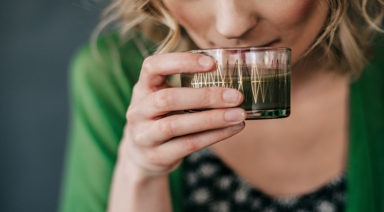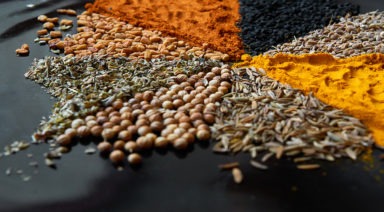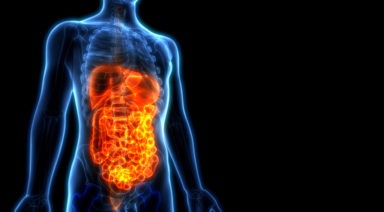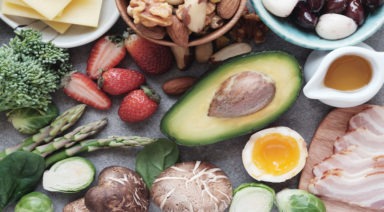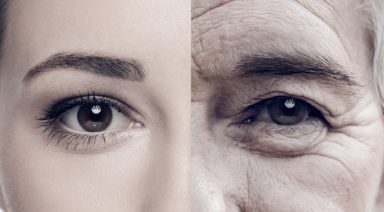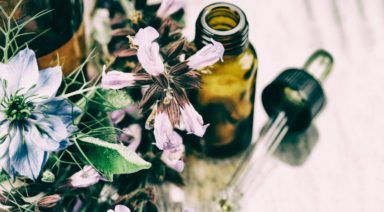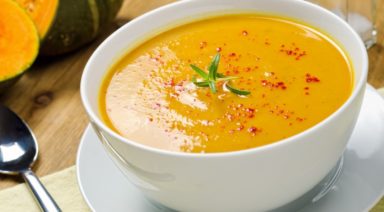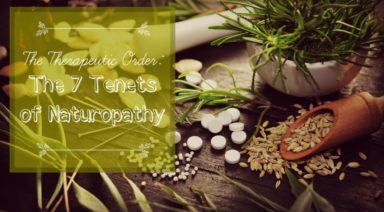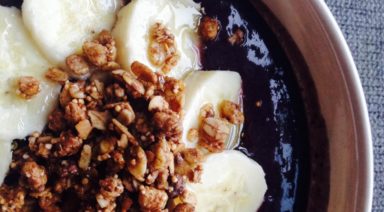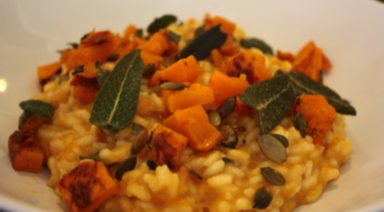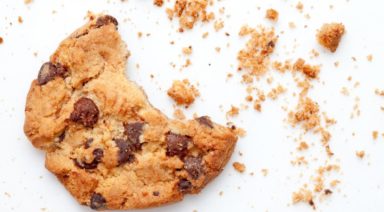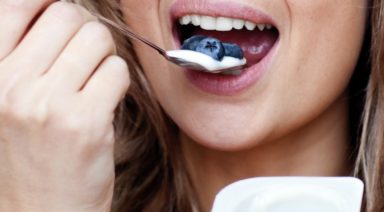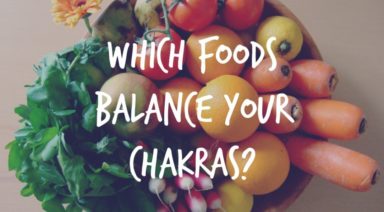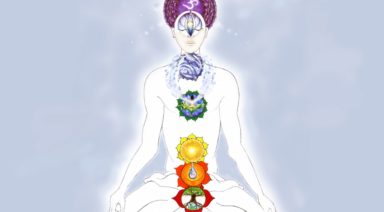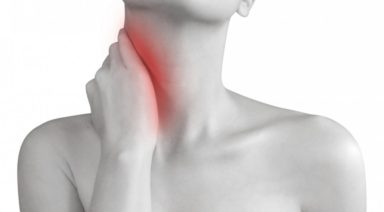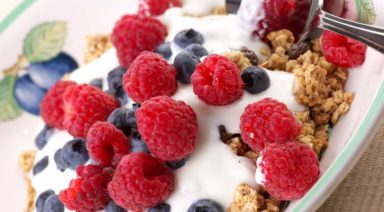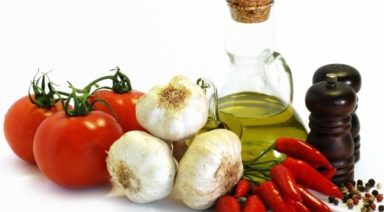Turpentine: The Healing Oil?
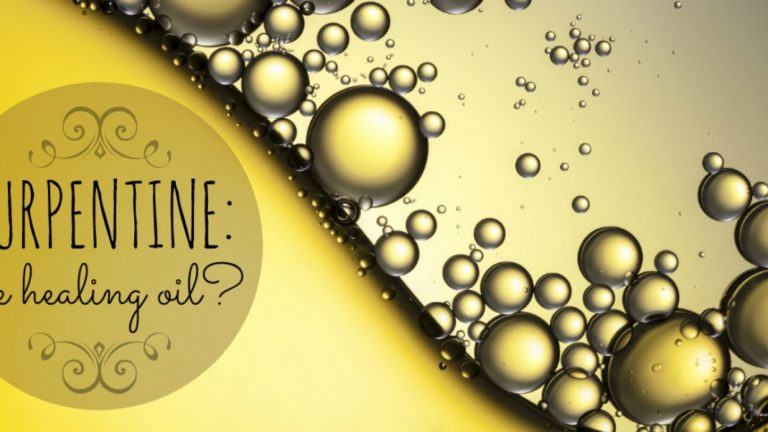
If you can find a better, holistic solution to your aches and pains, would you try it? Skip the Advil, because you’re in luck! Turpentine oil has been used as healing medicine for generations to remedy soreness and muscle pains.
Turpentine oil has been largely used as a paint thinner and brush cleaner. It’s used as a raw material in the synthesis of resins, oil additives, synthetic pine oil and campor, according to Britannica. The oil can be obtained through cooking wood pulp, steam distillation of shredded pine, or from the distillation of the exudates of tapped pine trees.
Turpentine oil is colorless, oily, odorous and flammable and creates a warming sensation when applied to the skin. Many notice an immediate effect after applying, and their pain is reduced within hours. Use a small amount to either massage or swab on the affected area. For best results, apply the oil 3-4 times daily until pain or soreness improves.
Turpentine oil can be used for many ailments:
- Muscle Pain
- Toothaches
- Lung Congestion
- Joint and Nerve Pain
- Cold Sores
- Sprains
- Cramps
Cautions
Please use this oil at your own caution, consult a physician to be sure this the right product for you. Be sure not to apply turpentine oil to any open wounds or swallow in excess amounts. You can use it on cold sores only before they erupt. You can add the turpentine oil to a humidifier or vaporizer to inhale and clear lung congestion.
Make sure to wrap or cover the areas of the body where the oil has been applied for better penetration and avoid staining clothes or furniture. Turpentine oil is flammable, so be sure to wash your hands after each application.
Turpentine oil’s smell is intense, and to some, unpleasant. You can mix it with your favorite essential oils to create a better smelling remedy. Other essential oils have their own valuable uses; find out which oils are best for you.
Sexy Nutrition: Avocados for Enhanced Libido
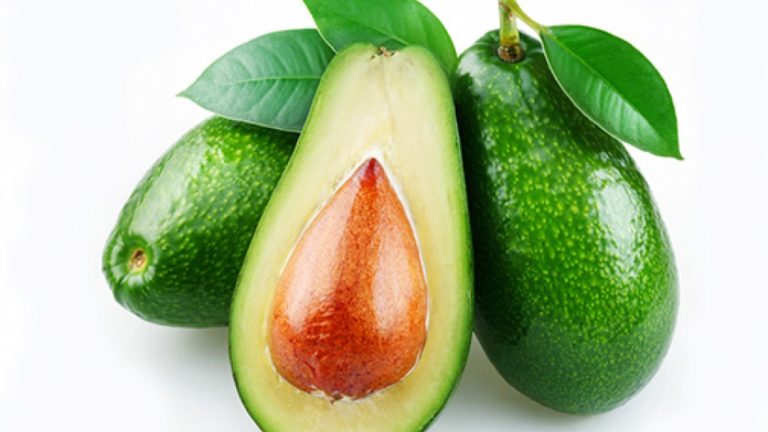
Avocado, the Powerhouse
The potent avocado feeds both men and women with a multitude of nutrients essential to a healthy sex life. Vitamin B6, folic acid, essential fatty acids and potassium, as well as other powerful antioxidants are responsible for the avocado’s significant effect on our reproductive organs. Research suggests that avocados even increase sperm count. The sexual powerhouse ahuactl (or testicle, as the Aztecs endearingly called it) also releases vitamin E, which allows the reproductive hormones to take center stage while arousing our sexual response.
Vegan Avocado Recipes for Enhanced Libido
The Sexual Powerhouse: An Avocado Smoothie
You simply can’t go wrong with this smoothie. It’s packed with nutrients essential to a healthy sex life and a healthy life, in general.
Ingredients:
- 1 ripe avocado, peeled and pitted
- 2 frozen bananas
- ½ cup frozen blueberries
- 1 cup cranberry juice
- 1 cup coconut milk
- 2 t chia seeds, soaked in ½ cup water
Directions:
Soak chia seeds for at least 30 minutes. Place all ingredients, including the chia gel in a blender and blend until creamy. Pour into two glasses. Sip slowly. Go back to the sheets.
The Sexual Warrior’s Guacamole
Guacamole is the go-to sexy hors d’oeuvre for both men and women. Let these fruity aphrodisiacs work their magic.
Sexy players: avocado, sexy spices, citrus, chia
Ingredients:
5 ripe avocados, peeled and seeded
- 1 cup chopped red onion
- 6 cloves garlic, crushed
- 1 jalapeno, seeded and minced
- ½ a bunch cilantro leaves
- juice of 2 limes
- 3 T olive oil
- ¼ cup chia gel (basic chia gel = 2 T chia seeds soaked in 1 cup water for 30 min. or longer)
- sea salt to taste
Directions:
Combine avocado, red onion, garlic, jalapeno and cilantro in a food processor. Add in lime juice, olive oil and sea salt while the food processor is running. Transfer guacamole to your favorite serving bowl and add in the chia gel. Serve with your favorite tortilla chips and raw veggies.
Sexy Kale with Avocado-Chia Dressing
You really can’t get much sexier than a kale/chia/avocado trifecta!
Sexy players: avocado, chia, sexy spices, leafy greens
Ingredients:
- 1 ripe avocado, peeled & seeded
- 1/8 cup chia gel (soak 2 T chia seeds in 1 cup water for at least 30 minutes)
- ¼ cup tahini
- 2 t soy sauce or nama shoyu
- 2 t pure maple syrup
- 2 cloves garlic, chopped
- ½ t cumin
- dash of cayenne pepper
- 5 cups kale, cleaned and chopped
- ¼ cup carrot, grated
Directions:
Combine the first eight ingredients in your blender to make a dressing. Place kale and carrots in a large serving bowl. Coat with dressing and serve.
“To love another you have to undertake some fragment of their destiny.” – Quentin Crisp

